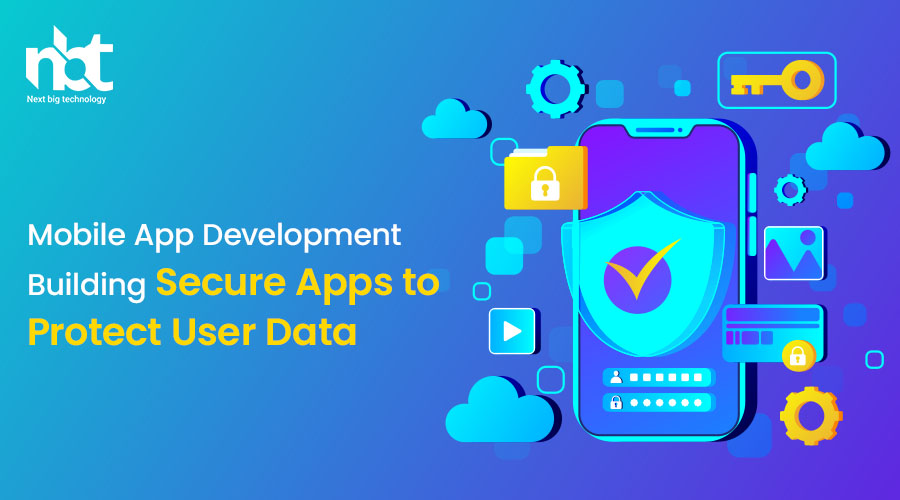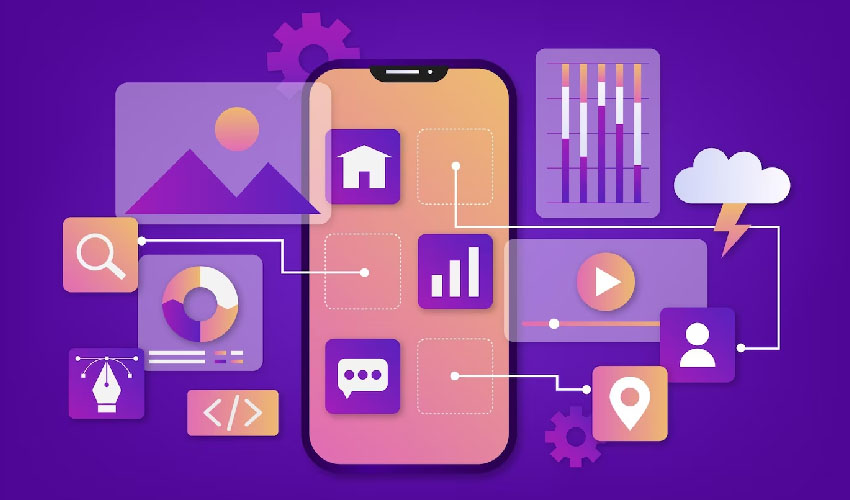Table of Contents
Introduction
In the era of rapidly advancing technology, mobile applications have become an integral part of our daily lives. As we increasingly rely on apps to perform various tasks, the need for robust security measures to protect user data has never been more critical.
Fundamentals of Mobile App Development
In understanding the importance of secure mobile app development, it’s essential to grasp the basics of mobile app creation. Security should be embedded in the development process from the outset to ensure a strong foundation.
Common Security Threats in Mobile Apps
Mobile apps face various security threats, including data breaches, unauthorized access, and the infiltration of malware or viruses. Recognizing these threats is the first step toward creating a secure app.
Building a Secure Foundation
To build a secure app, developers must employ encryption techniques, implement robust authentication protocols, and adhere to secure coding practices. These foundational elements form the backbone of a secure mobile application.
Best Practices for Protecting User Data
Practices such as data minimization, regular security audits, and user education contribute to the overall protection of user data. Implementing these best practices is crucial for maintaining a secure app environment.
Compliance with Data Protection Regulations
Understanding and adhering to data protection regulations, such as GDPR, is imperative for mobile app developers. Compliance ensures that the app meets legal requirements and enhances user trust.
Case Studies: Successful Secure Mobile Apps
Examining both successful and unsuccessful cases of mobile app security provides valuable insights. Learning from real-world examples helps developers understand the impact of their decisions on app security.
Future Trends in Mobile App Security
As technology evolves, so do the threats to mobile app security. Exploring emerging technologies and anticipated challenges allows developers to stay ahead of potential security risks.
The Role of Developers in User Data Protection
Developers play a pivotal role in ensuring the protection of user data. Collaborating with security experts and taking responsibility for implementing robust security measures are essential aspects of this role.
User Trust and App Success
User trust is closely tied to the success of a mobile app. Building a secure app not only protects user data but also enhances trust, leading to increased user satisfaction and app success.
Balancing Security and User Experience
Finding the right balance between security and user experience is a challenge. Developers must ensure robust security measures without compromising the convenience and usability of the app.
Tools and Resources for App Security
Utilizing security frameworks and accessing online resources can aid developers in enhancing app security. Staying informed about the latest tools and resources is crucial for building secure mobile apps.
Continuous Improvement in App Security
App security is an ongoing process. Adapting to evolving threats, providing regular updates, and promptly addressing vulnerabilities through patching contribute to continuous improvement in app security.
Conclusion
In conclusion, the landscape of mobile app development demands a proactive approach to security. By understanding the fundamentals, learning from case studies, and embracing emerging trends, developers can create apps that not only meet user expectations but also safeguard sensitive data.
FAQs
- How can encryption protect user data in mobile apps? Encryption is the process of converting data into a code to prevent unauthorized access. In mobile apps, it ensures that even if data is intercepted, it remains unreadable without the proper decryption key.
- Why is user education crucial for app security? Educating users about security practices, such as setting strong passwords and recognizing phishing attempts, empowers them to play an active role in maintaining the security of their data.
- What are the key elements of GDPR relevant to mobile app developers? GDPR emphasizes principles like consent, data minimization, and the right to be forgotten. Developers must incorporate these principles into their app design and functionality.
- How can developers balance security without compromising user experience? Striking the right balance involves thoughtful design, user-friendly authentication processes, and prioritizing essential security features to maintain a seamless user experience.
- Why is continuous improvement important in app security? Technology evolves, and so do security threats. Continuous improvement ensures that developers stay ahead of potential risks, providing users with a consistently secure experience.
Thanks for reading our post “Mobile App Development: Building Secure Apps to Protect User Data”. Please connect with us to know more about Building Secure Apps to Protect User Data.













